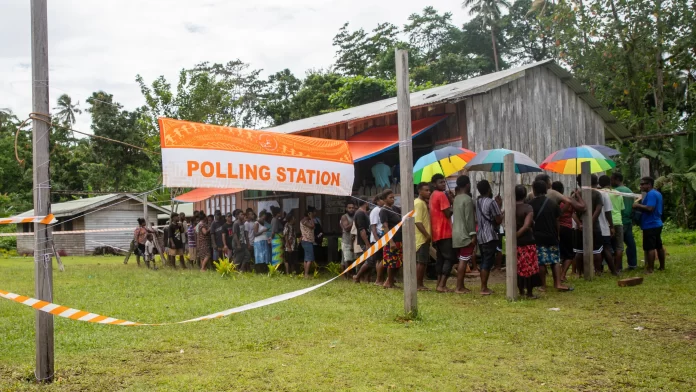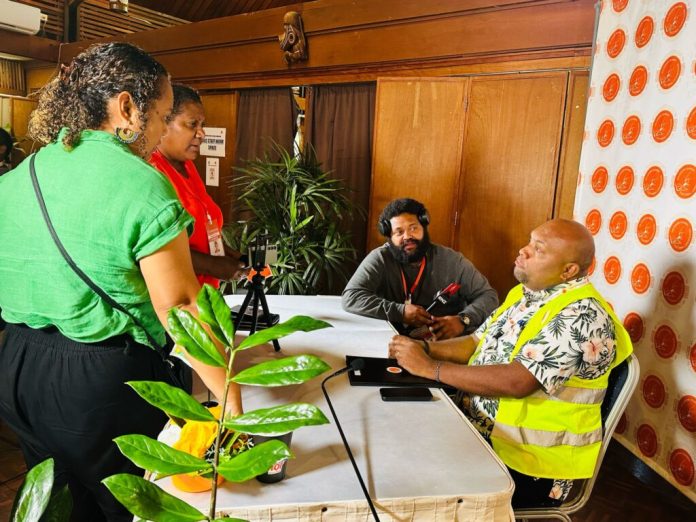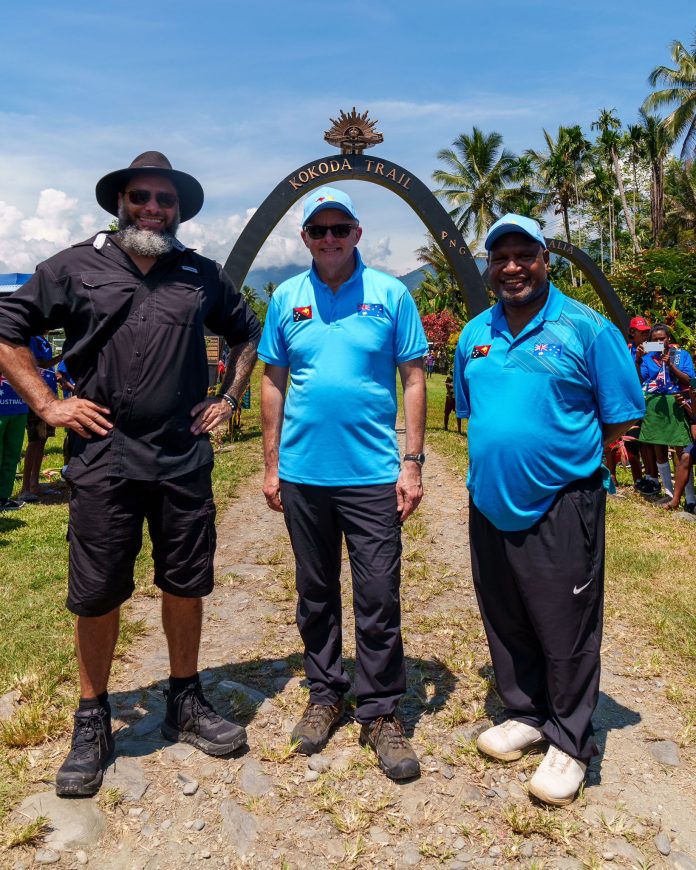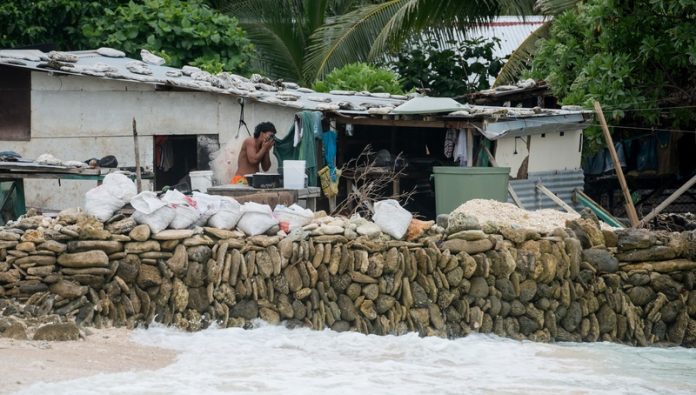Home Blog
China steps up efforts to win Palau but President Whipps says he won’t cave in
Beijing has been dangling lures in a bid to convince Palau to sever ties with Taiwan and switch to China, President Surangel Whipps Jr said.
“That's a constant,” the Palau president said. “The messaging that comes to us is very clear: ‘We have the largest economy or soon to be the largest economy in the world. The sky is the...
Solomon Islands election yields no majority for pro-China party
Neither advocates nor opponents of a security pact with Beijing won a majority in the Solomon Islands' parliamentary elections, results announced Wednesday for the last of the legislature's 50 seats show.
With Australia, the U.S and China looking on, last week's election was the first since incumbent Prime Minister Manasseh Sogavare switched diplomatic recognition from Taiwan to China in 2019...
UN chief calls for all hands on deck at Climate Promise 2025 launch
Top UN officials launched a fresh global campaign to tackle the climate emergency on Tuesday, with social media influencers, Indigenous leaders and corporate giants showing what they’ve done and what’s to come.
The Climate Promise 2025 aims to accelerate efforts from local to international levels to take more ambitious steps to ensure the global temperature does not heat up beyond...
Criminals infiltrate the elite Fijian police taskforce formed to stop drugs landing in Australia
An elite Fijian police taskforce working with Australia and New Zealand to fight surging drug trafficking and organised crime in the Pacific region is suspected to have been secretly compromised by a powerful criminal syndicate.
Australian security officials’ concerns that members of the Fijian police commissioner’s illicit drug taskforce have been working for the Zhao syndicate are detailed in police...
Biden’s cannibal remarks send U.S-Papua New Guinea relations to ‘low point’
Papua New Guinea Foreign Minister Justin Tkachenko said Tuesday that relations with the U.S have hit a “low point” after President Joe Biden claimed his uncle was eaten in the Pacific nation by cannibals during World War II.
Headlines about Biden’s gaffe at a Pennsylvania war memorial last week went viral in Papua New Guinea and were widely mocked on...
OUR Party leads number game with 14 members elected in Solomon Islands election
The Ownership, United and Responsibility (OUR) Party led by incumbent prime Minister Manasseh Sogavare is now leading the political number game with 14 members being elected into the 12th parliament so far.
This comes after the declaration of the Member of Parliament elect for East Guadalcanal constituency Bradley Tovosia.
The Coalition for Accountability Reform and Empowerment (CARE) consisting of the Solomon...
Eight women secure seats in joint Solomon Islands elections
In a historic development, a total of eight women have secured seats in the joint Solomon Islands elections.
Three will serve in the national parliament, two inside the Honiara City Council and three at the provincial government level.
Chief Electoral Commissioner Jasper Anisi highlighted this to reporters in a media conference.
“There have been eight women declared in the joint parliamentary elections,...
Australia and Papua New Guinea leaders trek toward WWII South Pacific battleground
Australia and Papua New Guinea’s prime ministers on Tuesday began trekking into the South Pacific island nation’s mountainous interior to commemorate a pivotal World War II campaign and to underscore their current security alliance, which faces challenges from China’s growing regional influence.
Australian Prime Minister Anthony Albanese received an elaborate traditional welcome when he arrived by helicopter at Kokoda Village...
Fiji steps up against terrorism risks
There is scope for spillover effects from past terrorist activities in South East Asia and Middle East which could fuel terrorism and violent extremism in Fiji and the region.
Speaking at the Second National Consultation Workshop, Deputy Secretary for the Ministry of Home Affairs Sainitiki Ravuso says the government and security agencies must always be prepared for the worst case...
The Climate Crises & High Debt-Levels in the Pacific: Who will pay?
OP-ED by Adam Wolfenden
As Fiji and neighbouring Pacific Island Countries face the daunting prospect of dealing with unprecedented national debt levels and the effects of climate change, the issue of how climate action will be financed becomes central.
The head of the United Nations climate body, Simon Stiell recently summarised the situation, “it’s hard for any government to invest in...


















